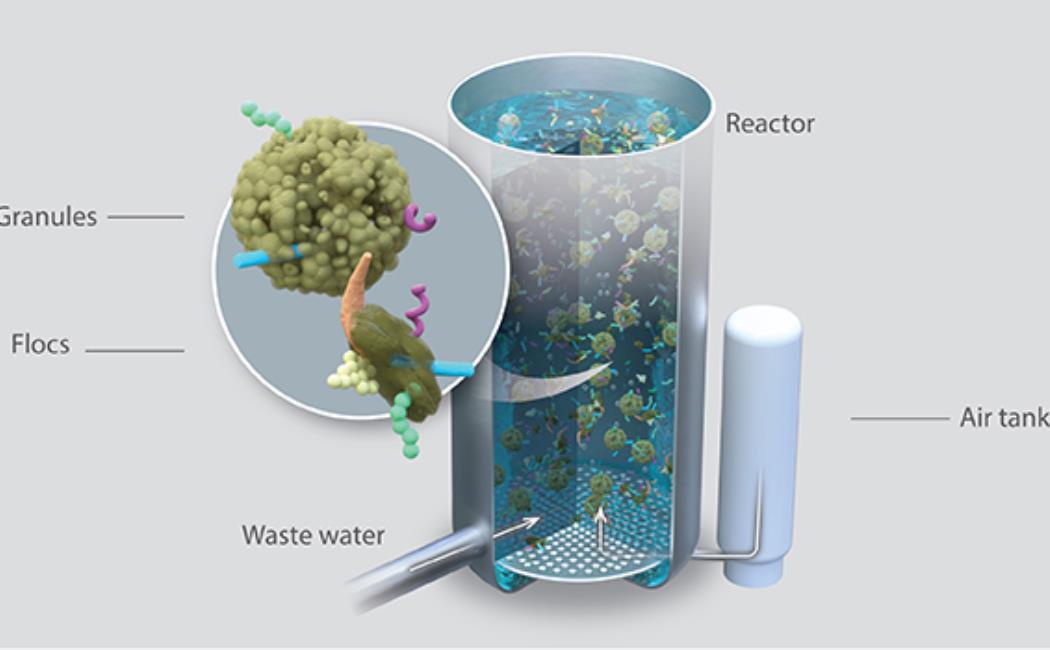
The movers and shakers of wastewater treatment
09 September, 2019
The microbial communities in a new type of wastewater treatment system are shaped mostly by local factors, according to new research from Pascal Saikaly’s lab at KAUST. Understanding the microbial ecology of these systems will offer clues to help engineers improve them, a pressing need in the face of urbanization and population growth.
Researchers at the Water Desalination and Reuse Center and their international collaborators used mass balance calculations and gene sequencing to study the microbial communities in an aerobic granular sludge (AGS) system in the Netherlands. Their more efficient treatment means AGS systems, in which bacteria are mostly suspended rather than clumped, are gradually replacing conventional activated sludge systems, but “So far nobody has investigated the microbial ecology of these next-generation wastewater treatment systems,” says Muhammad Ali, the study’s lead author.
Click here to read the full story
Image: This microbial granular system converts wastewater for urban re-use, such as urban agriculture and landscaping.
2019 KAUST; Xavier Pita